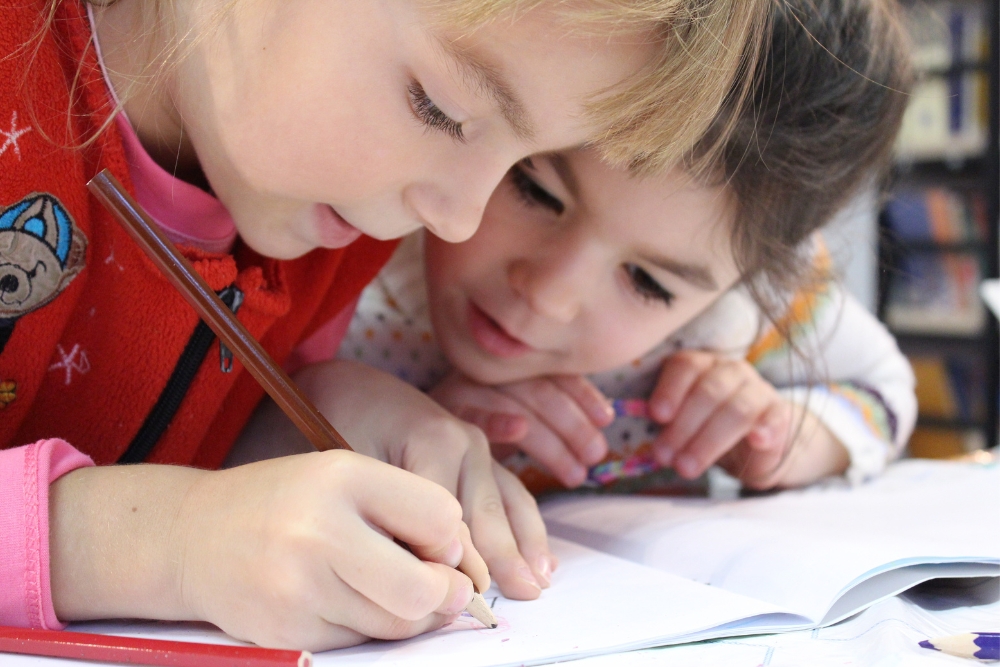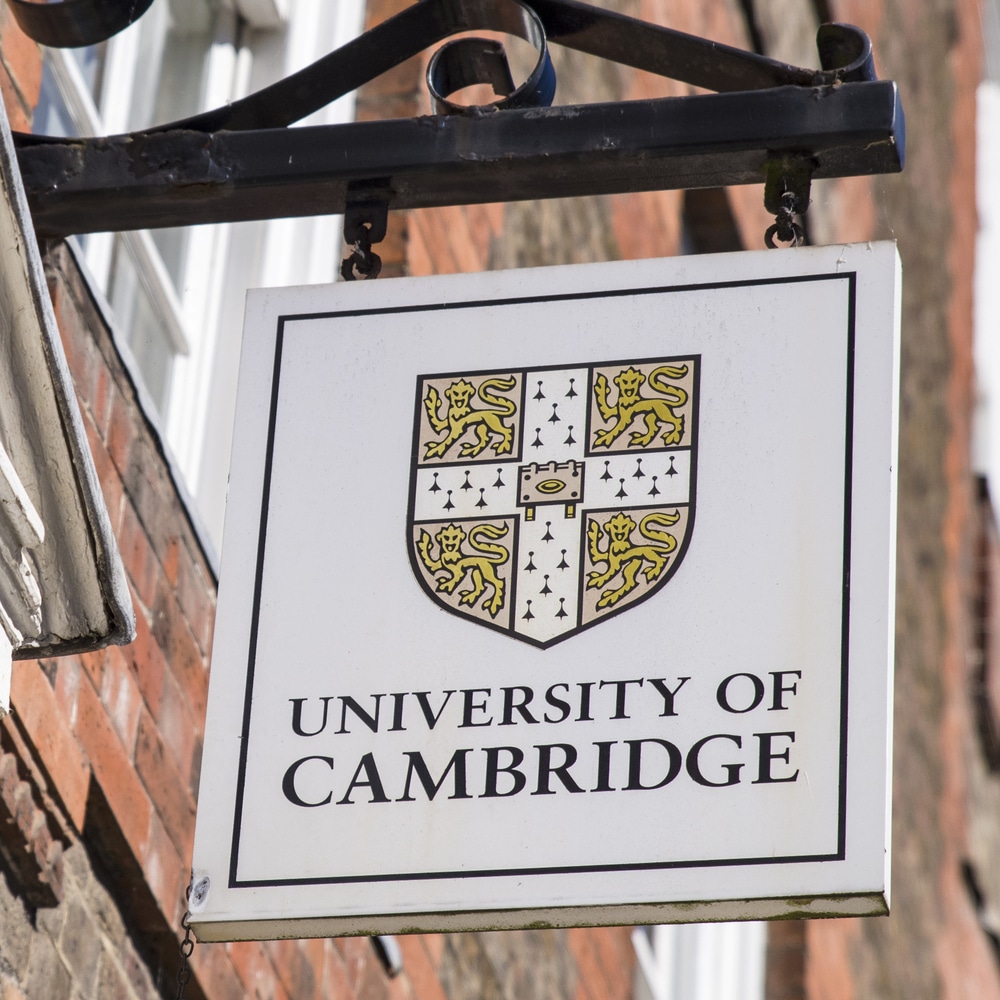
What does the IPC mean? Is it a British Curriculum?
What does the IPC mean? Is it a British Curriculum?
An International Primary Curriculum, or IPC, is an English National Curriculum-based comprehensive, thematic, creative curriculum for children from 5 to 11.
Primary and secondary state schools in England use the English National Curriculum to teach a number of subjects and standards. However, in other type of schools, such as academies and private schools, curriculums can be different, and teaching can be more flexible. The International Primary Curriculum may also be used in International schools instead of or along with the National Curriculum.
 What do children learn under the IPC?
What do children learn under the IPC?
The IPC provides children with learning goals related to subject areas, personal, and international learning goals. They are all defined in terms of Mileposts or age phases:
1. Milepost 1 (Aged 5-7)
2. Milepost 2 (Aged 7-9)
3. Milepost 3 (Aged 9-11)
A majority of the subjects covered by IPC are those covered by the National Curriculum in primary schools: Language arts (including English), Maths, Science, ICT and computing, Technology, History, Geography, Art, Music, PE, Society.
As part of the IPC, teachers are provided with more than 100 topic-based units of learning, which outline activities and tasks. The units feature engaging themes and an international aspect, appealing to the interests of children. The program’s goals are learning about the world around them, making connections across subjects, and becoming Globally Competent learners.
Learning Goals describe what learners are expected to know, what they should be able to do, and the understanding that they will develop through learning.

 How are children assessed under the IPC?
How are children assessed under the IPC?
The IPC does not offer formal exams. Instead, the IPC promotes schools developing their own methods, self-assessment, and peer assessment to improve learning. The IPC believes that these assessments, done by teachers and children, help them engage with learning, and understand their level of skills and knowledge.
 International Schools Curricula
International Schools Curricula
International schools offer two primary-years programmes: the International Primary Curriculum (IPC) and the International Baccalaureate’s Primary Years Programme (IB PYP). Students benefit from enquiry-based, cross-curricular, and creative learning approaches in both programmes. A structured framework is provided by the IPC, while a learning framework is provided by the IB PYP, in which teachers develop their own areas of enquiry. The course is based on self- and group-initiated research tasks.
A number of international schools follow a version of a national curriculum, such as the American, Australian, German, French, Canadian, and so on. Usually, national systems are adopted in those international schools to ensure they have an international focus on learning and are relevant for all students in international settings.

 The IPC in Singapore
The IPC in Singapore
The following are some of the international schools in Singapore following the IPC:
The Hollandse School Singapore
Middleton International School – Upper Bukit Timah Campus
Middleton International School – Tampines Campus
St Joseph’s Institution International







My son, Zachary PAN (age 7.5) in first grade of Dynamic International School in Singapore. He is autistic. 1. Is Dynamic International School in Singapore is part of IPC? 2. Is there IPC schools equivalent in the USA, preferable in the San Diego-Riverside Areas, California that support autistic students. We plan to move from Singapore to California in 2024. Thank You and Regards, S. PAN